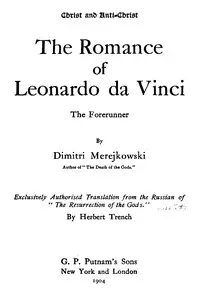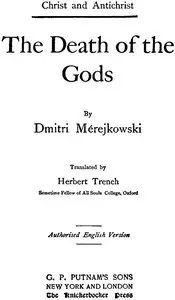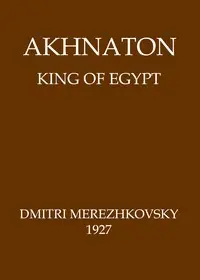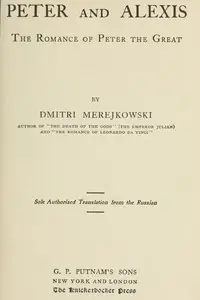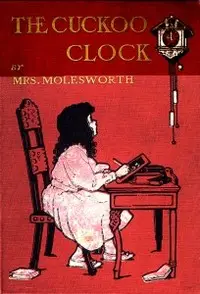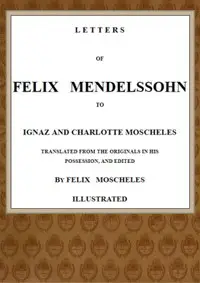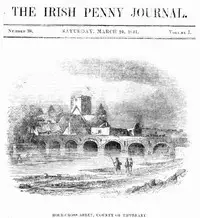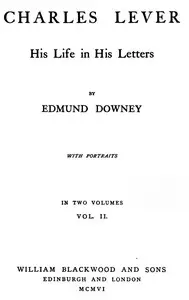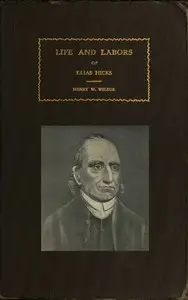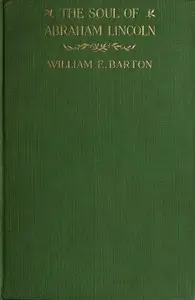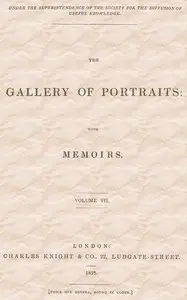"The Life-Work of Flaubert, from the Russian of Merejowski by Merezhkovsky" is a biographical exploration written in the early 20th century. This book delves into the life and psyche of Gustave Flaubert, a major figure in French literature, emphasizing the often tumultuous relationship between his artistic genius and personal life. It likely discusses the existential struggles Flaubert faced as he pursued his craft, examining themes of artistry, solitude, and the moral implications of genius. The work provides an in-depth analysis of Flaubert's thoughts on art, life, and the struggle for meaning. Through a series of letters and reflections, Flaubert articulates his belief that art transcends life, asserting that the creation of beauty becomes a form of worship. However, the text also highlights his internal conflicts, revealing a man who, despite his dedication to artistry, grappled with deep feelings of isolation and despair. It reflects on how his analytical nature often led him to feel detached from genuine human emotions and connections, emphasizing the paradox of his brilliance—imbued with a sense of melancholy and a yearning for fulfillment that remained elusive. (This is an automatically generated summary.)

The Life-Work of Flaubert, from the Russian of Merejowski
By Dmitry Sergeyevich Merezhkovsky
"The Life-Work of Flaubert, from the Russian of Merejowski by Merezhkovsky" is a biographical exploration written in the early 20th century. This book...
Dmitry Sergeyevich Merezhkovsky was a Russian novelist, poet, religious thinker, and literary critic. A seminal figure of the Silver Age of Russian Poetry, regarded as a co-founder of the Symbolist movement, Merezhkovsky – with his wife, the poet Zinaida Gippius – was twice forced into political exile. During his second exile (1918–1941) he continued publishing successful novels and gained recognition as a critic of the Soviet Union. Known both as a self-styled religious prophet with his own slant on apocalyptic Christianity, and as the author of philosophical historical novels which combined fervent idealism with literary innovation, Merezhkovsky became a nine-time nominee for the Nobel Prize in literature, which he came closest to winning in 1933. However, due to contested claims that he expressed regard for Fascism as a lesser evil than Communism during the outbreak of war between Germany and the USSR shortly prior to his death, his work largely fell into neglect after World War II.

